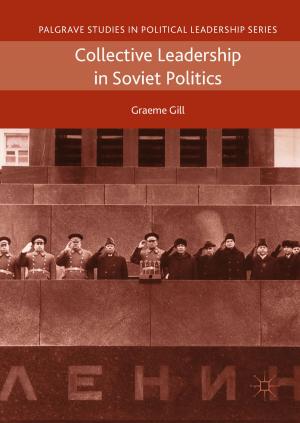Ego-histories of France and the Second World War
Writing Vichy
Nonfiction, History, France, Military, World War II| Author: | ISBN: | 9783319708607 | |
| Publisher: | Springer International Publishing | Publication: | March 21, 2018 |
| Imprint: | Palgrave Macmillan | Language: | English |
| Author: | |
| ISBN: | 9783319708607 |
| Publisher: | Springer International Publishing |
| Publication: | March 21, 2018 |
| Imprint: | Palgrave Macmillan |
| Language: | English |
This volume presents the intellectual autobiographies of fourteen leading scholars in the fields of history, literature, film and cultural studies who have dedicated a considerable part of their career to researching the history and memories of France during the Second World War. Based
in five different countries, Margaret Atack, Marc Dambre, Laurent Douzou, Hilary Footitt, Robert Gildea, Richard J. Golsan, Bertram M. Gordon, Christopher Lloyd, Colin Nettelbeck, Denis Peschanski, Renée Poznanski, Henry Rousso, Peter Tame, and Susan Rubin Suleiman have played
a crucial role in shaping and reshaping what has become a thought-provoking field of research. This volume, which also includes an interview with historian Robert O. Paxton, clarifies the rationales and driving forces behind their work and thus behind our current understanding of one of the darkest and most vividly remembered pages of history in contemporary France.
This volume presents the intellectual autobiographies of fourteen leading scholars in the fields of history, literature, film and cultural studies who have dedicated a considerable part of their career to researching the history and memories of France during the Second World War. Based
in five different countries, Margaret Atack, Marc Dambre, Laurent Douzou, Hilary Footitt, Robert Gildea, Richard J. Golsan, Bertram M. Gordon, Christopher Lloyd, Colin Nettelbeck, Denis Peschanski, Renée Poznanski, Henry Rousso, Peter Tame, and Susan Rubin Suleiman have played
a crucial role in shaping and reshaping what has become a thought-provoking field of research. This volume, which also includes an interview with historian Robert O. Paxton, clarifies the rationales and driving forces behind their work and thus behind our current understanding of one of the darkest and most vividly remembered pages of history in contemporary France.















